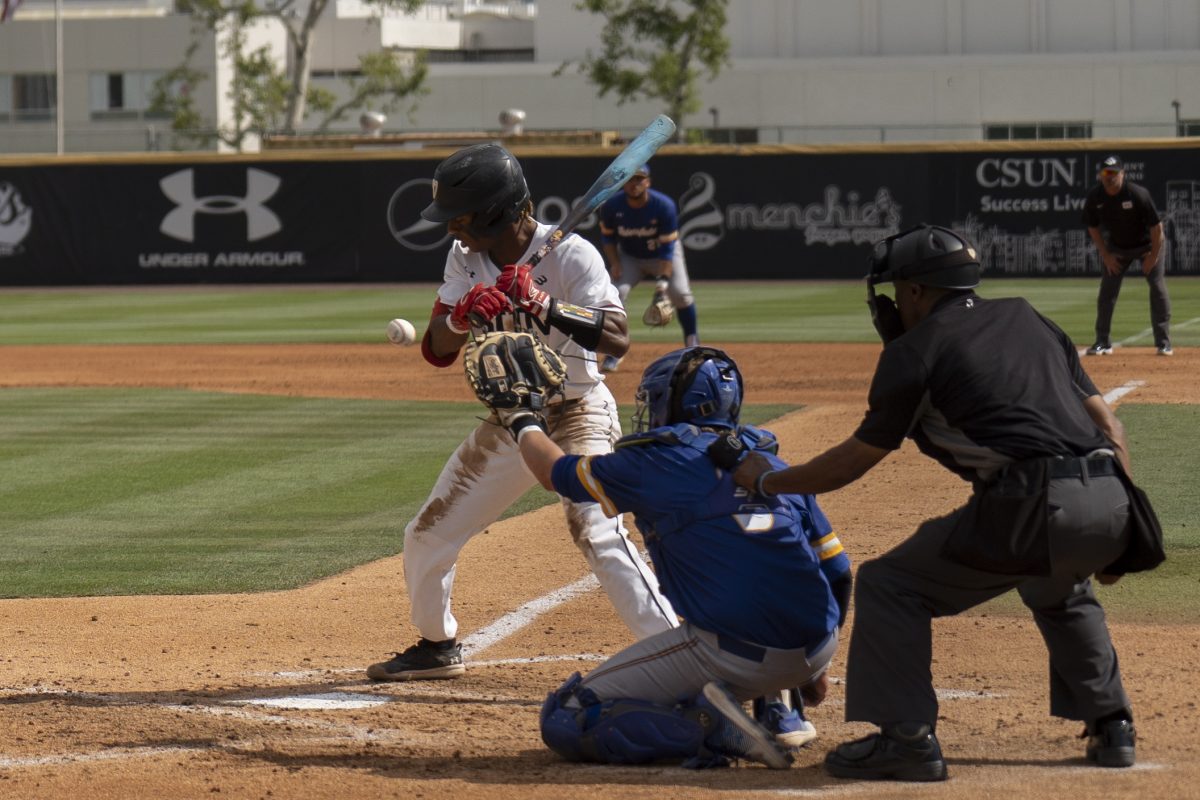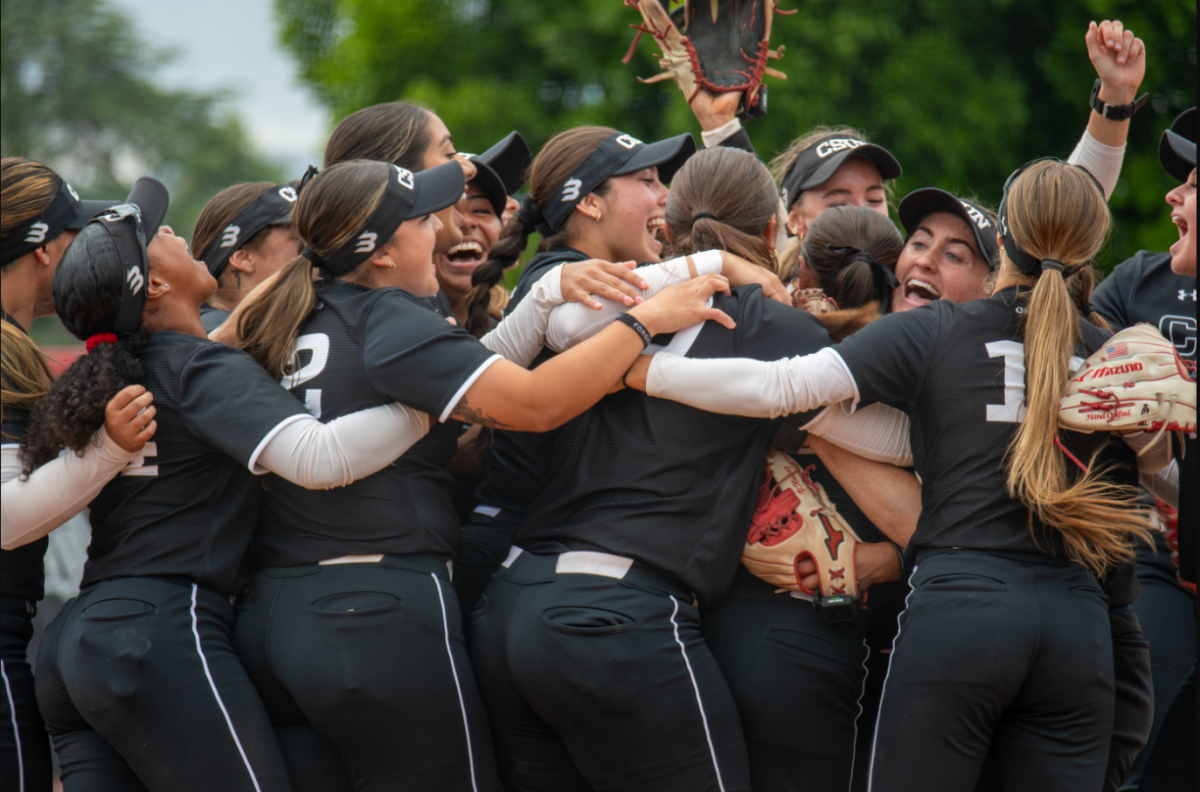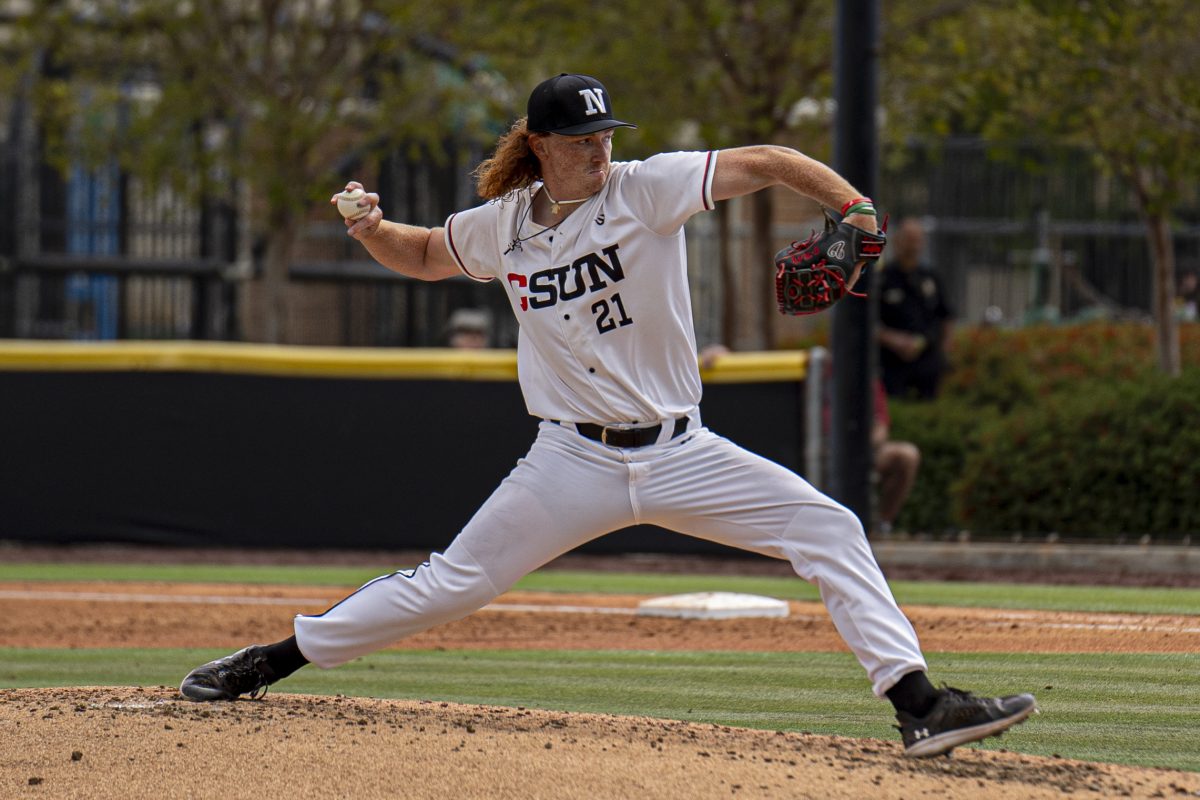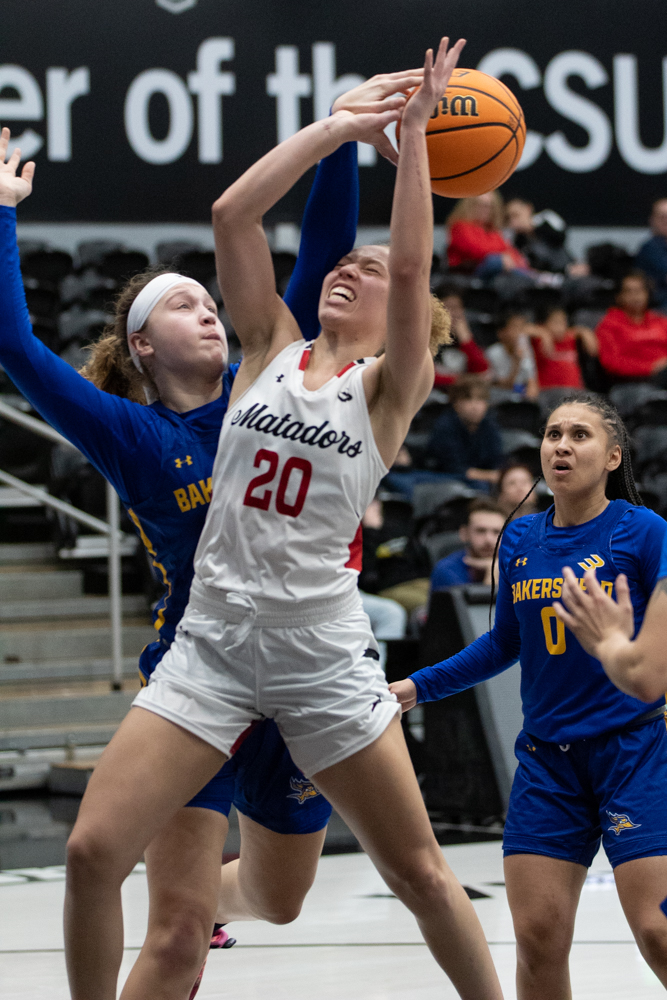
It is no surprise that in a country that has a distribution of wealth that is so incredibly skewed, we have the ridiculous salaries of athletes right up there with our investors, internet moguls, media tycoons and corporate CEOs.
NBA players average over $5 million a year, an NHL player averages about $1.3 million a year, NFL players average $1.75 million a year, and MLB players make an average of $2.5 million a year.
Recently, former New York Yankees second baseman Robinson Cano, who is 31-years-old, signed a 10-year, $240 million contract with the Seattle Mariners. In the NBA, 35-year-old Lakers superstar Kobe Bryant is slated to make $30.5 million this season and just signed a two-year, $48.5 million extension.
In contrast, the mean annual wage of a surgeon, which is considered one of the highest paying jobs in America, is $225,390 and for a school teacher the salary is around $55,000 a year according to the National Education Association.
How can so much money be thrown around in the world of professional sports when our education system is failing due to lack of funds?
Although many people are outraged by the enormous salaries of these top athletes, the truth is that the fans are the ones responsible for the salaries they receive. Prices are set dependent on what the consumers want and most importantly what the consumer is willing to pay.
Besides the people’s part in setting the salaries, owners of major sports teams are granted government funding that allows them to spend more on a field or court, and also to increase the salaries of their players.
One of the leading causes of increasing salaries is free agency. Players are given a market value and are won in bidding wars by team owners. The player is the face and talent that brings fans to the stadiums and can therefore demand an outlandish share. The bid war system often leads to over-bidding which results in players getting incredibly rich. In other words players are getting paid more than what they are actually worth.
The other imbalance this creates is that the teams that have the best players, who generate the most revenue, are able to outbid any other team. Despite the introduction of salary caps some years ago, we still see the numbers rising. If the cap could be fixed without any wiggle room for teams to go over and pay a luxury tax, there may be more of a balance. But no, capitalism rules every aspect of our country and any regulation concerning money or threat to their lavish spending will make team owners cringe.
In no way is the distribution of wealth in professional sports “fair” although some sport fanatics may believe the player is worth every penny. What should be kept in mind are the health expenses of the players and the career expectancy of the average athlete is only three to five years. Although the salaries are high, their careers are short and risk of injury is grave. If consumers take issue with athletes’ salaries, they should understand that they have more control over the matter than they think.





